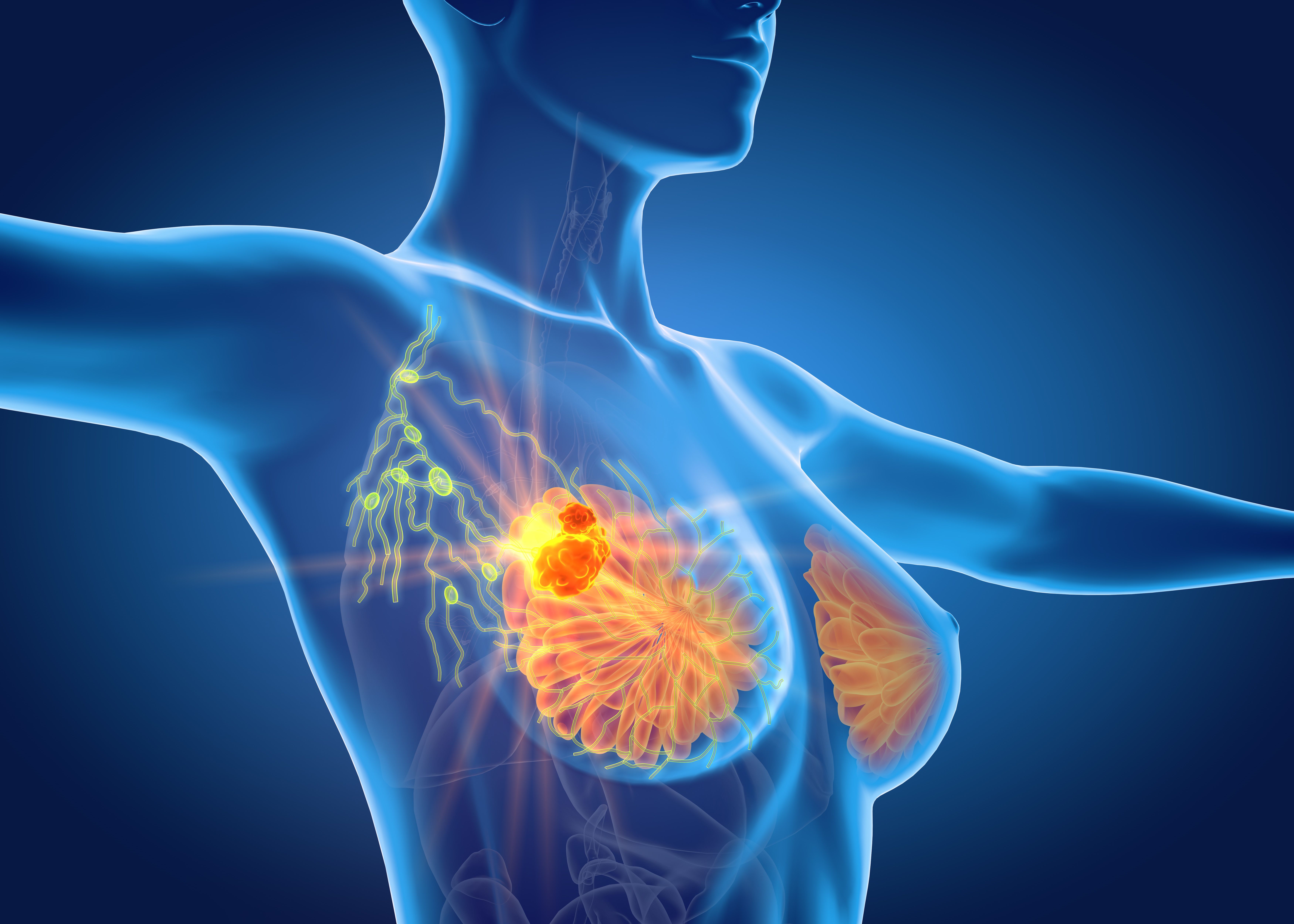- Bone Health
- Immunology
- Hematology
- Respiratory
- Dermatology
- Diabetes
- Gastroenterology
- Neurology
- Oncology
- Ophthalmology
- Rare Disease
- Rheumatology
Pegfilgrastim Biosimilar Proves Effective Against Neutropenia in Patients With Breast Cancer
A recent study found that a pegfilgrastim biosimilar was effective against chemotherapy-induced neutropenia and had comparable safety and efficacy profiles compared with the originator (Neulasta) in patients with breast cancer.
The high costs associated with the originator impose a heavy financial burden on the Japan’s breast cancer population, leading many to look to biosimilars as an alternative.

Pegfilgrastim biosimilar MD-110 proved to have comparable safety and efficacy with the reference product (Neulasta; G-LASTA) in a phase 3 study from Japan. The multicenter, open-label, single-arm analysis, published in Cancer Medicine, compared the effects of the biosimilar with the originator in patients with breast cancer undergoing neoadjuvant or adjuvant myelosuppressive chemotherapy.
The reference agent was the first granulocyte-colony stimulating factor approved in Japan for prophylactic use regardless of carcinoma type. Pegfilgrastim is a PEGylated form of filgrastim and is indicated to decrease the incidence of chemotherapy-induced febrile neutropenia (FN), a common life-threatening complication associated with myelosuppressive chemotherapy. FN is a major cause of morbidity, health care resource use, and compromised chemotherapy efficacy resulting from delayed administration and dose reductions to avoid FN-related complications.
The high costs associated with the originator impose a heavy financial burden on the Japan’s cancer population, leading many to look to biosimilars as an alternative. However, there are currently no approved pegfilgrastim biosimilars in Japan.
Patients aged 20 to 70 years with stage I-III primary invasive breast cancer scheduled to receive neoadjuvant or adjuvant cancer chemotherapy were eligible for the study. Every 21 days, the included patients underwent 4 planned docetaxel and cyclophosphamide (TC) chemotherapy cycles. In each cycle, TC chemotherapy was administered at baseline (day 1), and a single subcutaneous dose (3.5 mg) of MD-110 was administered on day 2. A 20% dose reduction of chemotherapy was utilized to mitigate chemotherapy-induced adverse effects (AEs), and TC chemotherapy was chosen for the study because of its high FN risk and wide use in Japanese patients with early-stage breast cancer.
The primary end point of the study was the duration of severe (grade 4) neutropenia (DSN) during cycle 1, as defined by the number of consecutive days with a peripheral blood absolute neutrophil count of less than 500 mm3. ANC was measured on days 1 to 8, 11, and 15 of cycle 1. Safety end points were AEs across all cycles and the presence of antidrug antibodies (ADAs). The results were compared with data from previous studies evaluating the safety and efficacy of the reference product in a similar patient population undergoing TC chemotherapy.
Overall, 101 patients received the study drug across 24 sites in Japan. Of the 93 patients who completed all 4 chemotherapy cycles, 92.5% (n = 86) received the standard TC dose and 5.1%, 6.1%, and 7.5% of patients had their doses reduced during cycles 2, 3, and 4, respectively.
The mean (SD) duration of severe neutropenia for MD-110 was 0.2 (0.4) days. The upper limit of the 95% CI for the mean duration of severe neutropenia was 0.2 days, well below the predefined threshold of 3.0 days. FN was identified in 6.9% of patients (n = 7/101). The most commonly reported AEs were alopecia, constipation, and malaise, which all occurred in over 50% of patients and are common AEs of TC chemotherapy. All patients were negative for ADAs.
Several limitations were noted, including that the study was not a randomized controlled trail, patients over the age of 70 years were excluded, the sample size was small, and there was limited generalizability. The researchers said that future research should explore the use of MD-110 in different cancers and treatment regimens, as well as more diverse patient populations.
The authors concluded, “While our single-arm study did not include a direct comparison of MD-110 and the originator, the results of the primary end point suggest that MD-110 is comparable in efficacy to the originator in terms of DSN…. MD-110 is expected to be the first pegfilgrastim BS approved in Japan for prophylactic use regardless of carcinoma type. MD-110 may help fill an unmet need by providing greater affordability compared to existing treatment.”
Reference
Tokano T, Ito M, Kadoya T, et al. Efficacy and safety of pegfilgrastim biosimilar MD-110 in patients with breast cancer receiving chemotherapy: Single-arm phase III. Cancer Med. Published online October 12, 2023. doi:10.1002/cam4.6519
Newsletter
Where clinical, regulatory, and economic perspectives converge—sign up for Center for Biosimilars® emails to get expert insights on emerging treatment paradigms, biosimilar policy, and real-world outcomes that shape patient care.
